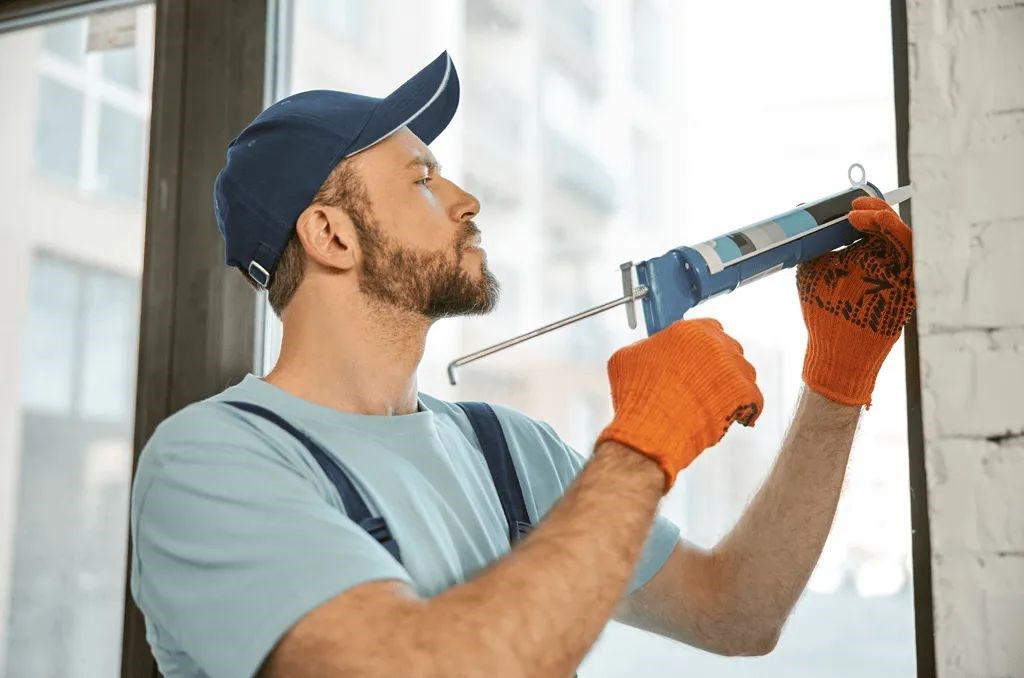Different types of adhesives
Published date: 12 February 2023

An overview of adhesives
Adhesive is a term that describes any substance that is applied between two or more substrates to join them together. Adhesives are used in a wide variety of household, commercial and industrial applications, for the purpose of bonding materials in a permanent or temporary way.
If your job involves working with adhesives, then you already know that there is an incredibly vast range of options available to you. Adhesives can be categorised according to their function, physical form, chemical composition, mode of application and setting, and others. To help narrow it down a bit, let’s take a look at some of the main types of adhesives.
Types of adhesives
Here’s a quick introduction to the most common types of adhesives you might come across:
- Epoxy: Epoxy adhesives are available in one-part or two-part varieties. One-part epoxies cure quickly through the application of heat. Two-part epoxies need mixing, are slower to cure but form stronger bonds. Epoxies are extremely resistant to temperature and weather extremes. Their long-term durability makes them ideal to bond plastic, metal and glass. Disadvantages include the requirement of high temperatures to cure (one-part epoxies) and the need to mix in exact proportions before application (two-part epoxies).
- Polyurethane: These versatile adhesives that can adhere to almost any porous surface, providing high strength and permanent flexibility. Unlike epoxies, PU adhesives require moisture to cure. Polyurethanes are often used to bond wood and concrete. However, they can have trouble joining non-porous materials.
- Cyanoacrylate: Also known as super glues, these adhesives cure almost instantly upon contact with atmospheric moisture. They provide incredible strength and versatility, being able to bond almost every substrate. Cyanoacylates require careful application, since they leave very little time to adjust the bonding parts. They are excellent for precision repairs but not a great structural adhesive.
- Silicone: Silicone adhesives provide outstanding insulating and waterproofing properties. They generally cure at room temperature and are widely used thanks to their versatility, elasticity and extended temperature range. Disadvantages include a low resistance to tear strength and abrasion.
How to choose the right adhesive for a project
Choosing the right type of adhesive for your project is key to its success. Every adhesive has different advantages and disadvantages, so it’s important to factor in the following considerations when selecting the best one:
- What is the substrate? The substrate is the base material that you are trying to attach something to. Plastic, steel, wood, and other materials all have different properties and require an appropriate adhesive for optimal bonding.
- What is the application? What are you trying to bond? Are you looking for permanent or temporary adhesion? Most adhesives are designed for specific applications such as metal bonding, woodworking, or general repair.
- What environment will it be used in? Climate and temperature can affect some adhesives more than others. High humidity can weaken some types of adhesives, while extreme temperatures can harden others prematurely.
By taking into account all of these factors before choosing an adhesive, you can make sure that you pick the best option for your project.
Conro Electronics, as a leading supplier of materials and tools in the electronic manufacturing industry, offers a wide choice of adhesives from major manufacturers such as Henkel Loctite and Ambersil.
We’ll show you how to improve product reliability while increasing performance and lowering costs. Our team of technical support specialists will provide your company with dependable global supply, unrivalled efficiency, and superior technical support.
Feel free to contact us on 0208 953 1211 or send us an email to info@conro.com




Comments
There are currently no comments, be the first to comment.